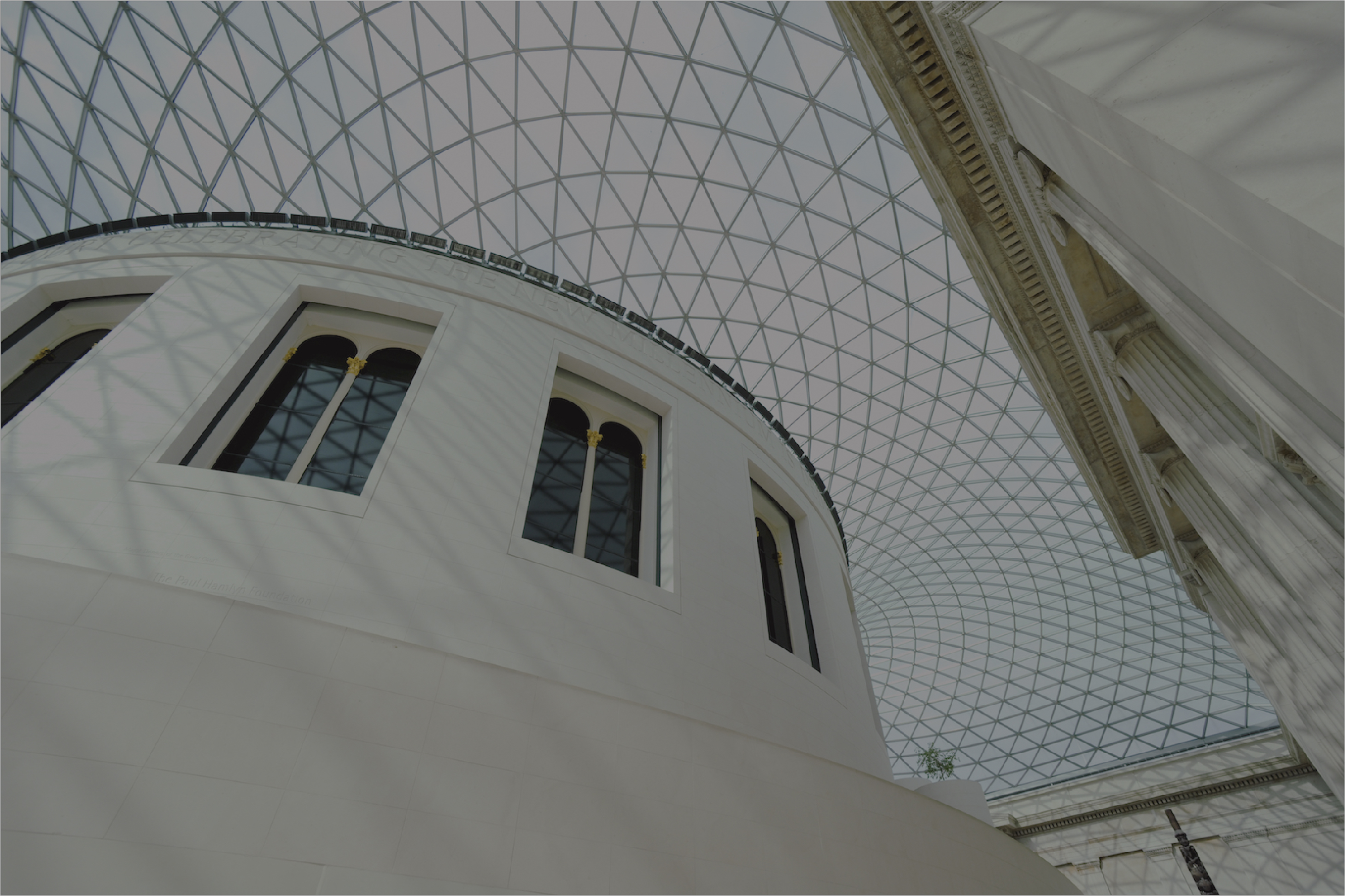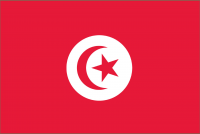Tunisia is the smallest country in North Africa. It has a history of conservative macroeconomic management. It has made good progress in social development, such as high levels of education and gender equality, but serious regional disparities remain and more people are entering the job market than it can absorb.
The former regime suppressed political and press freedom, tolerated and encouraged widespread corruption and discriminated against areas outside its political heartland on the coast.
Widespread dissatisfaction finally boiled over in December 2010 when a popular revolt started in the poor, central region. This was relayed to the world through the internet and other social networks. The unrest led to the overthrow of former president Zine El Abidine Ben Ali who fled the country on 14 January 2011.
Following the ousting of former president Ben Ali, achieving stability in Tunisia has proven challenging. However, the country held its first free and fair elections in October 2011 that brought to power (in a power-sharing arrangement) the moderate Islamist party Ennahda led by Hemadi Jebali as leader. Approximately 90% of the 4.1 million registered voters participated in the election.
The assassination of leftist opposition leader, Chokri Belaid, in February 2013 led to large anti-government public protests and the resignation of Prime Minister Jebali. In March 2013, Tunisia’s National Constituent Assembly’s 217 members back by a majority of 139 a new government led by Ali Larayedh as prime minister. Tunisia is in the process of drafting a new constitution and the coalition government is committed to ensuring that a new constitution is finalized by mid 2013 and national elections are held by December 2013.



